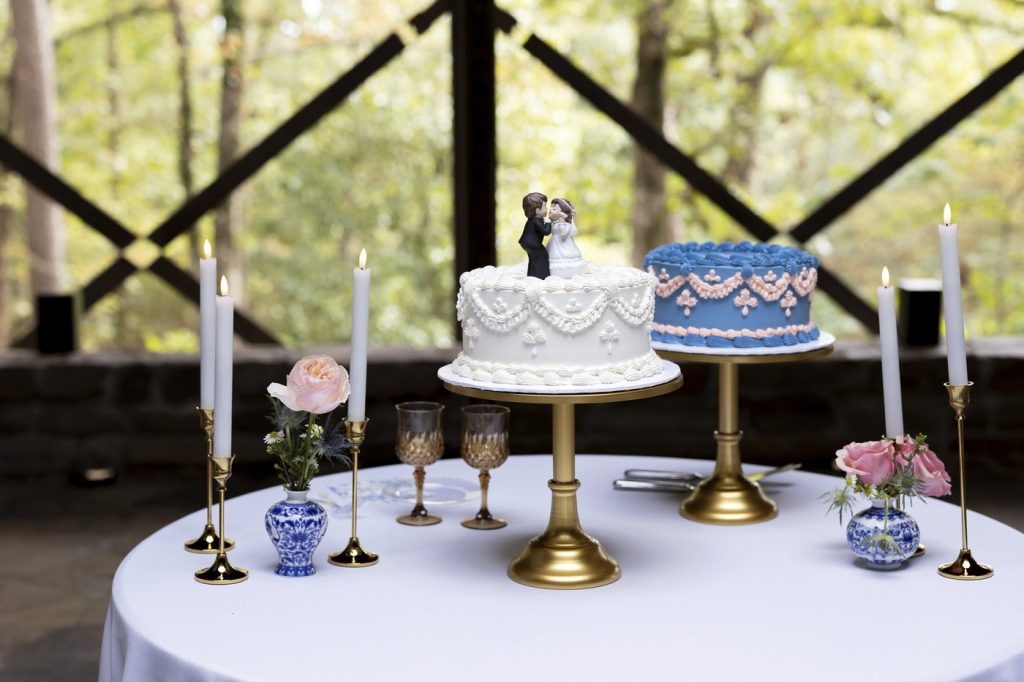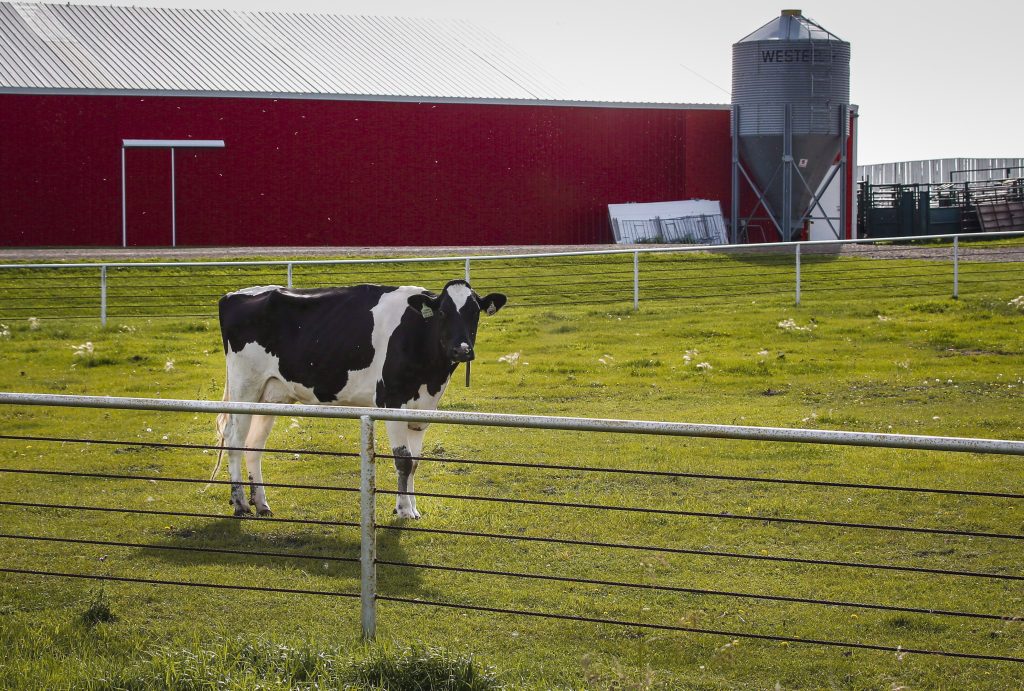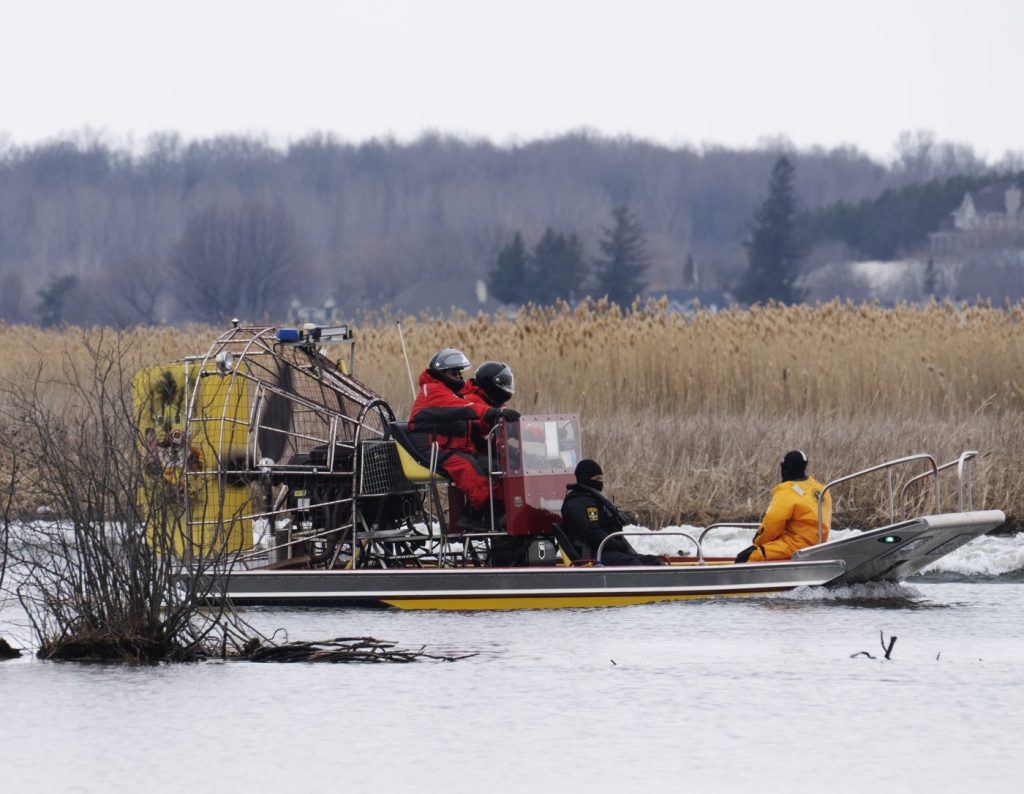As summer arrives, many couples in Canada and the United States are preparing for wedding season. However, ongoing trade tensions between the two countries have introduced uncertainties, particularly with tariffs that could impact wedding expenses and planning.
While neither country imposes tariffs on all goods, certain items have seen price increases due to the evolving trade situation. Calgary wedding planner Julianne Young advises her clients to incorporate flexibility into their budgets, especially regarding one-time-use items and custom-made purchases. She highlights that products such as flowers and wedding gowns, which are often sourced internationally, may experience notable price inflation.
“Right now, things like flowers, wedding gowns, things like that are not sourced locally; those are the things you would see more of an impact on pricing,” said Young. She further explained that the rising costs would gradually be integrated into overall wedding budgets.
Theresa Lewis, owner of Blissful Bridal in Calgary, has observed that only a select few of her gowns' prices have been influenced by tariffs. Some gowns may increase by $200-$300 due to these changes. Nevertheless, she notes that many of her gowns remain unaffected as suppliers adapt to the changing trade environment.
“Some of our suppliers—right now—they have moved their warehouses to the Canadian side, so all dresses that come through on the Canadian side, we’re not paying the tariff,” explained Lewis. This is an example of how businesses in the wedding industry are striving to minimize the impact of tariffs by sourcing materials locally whenever possible.
Wedding gowns aren't the only items experiencing price fluctuations. Adam Asker, who operates both a catering business and a banquet hall, has noticed increased costs, particularly for chicken, alcohol, and cleaning supplies. Despite the price hike, Asker is committed to maintaining his current pricing. “We said, ‘OK, we are going to stay on this number for this year, because we know we are in a crisis, because we cannot add more prices to the client,’” he remarked.
For couples determined to secure specific styles for their weddings, experts advise acting quickly. Lewis recommends shopping for gowns at least five to six months in advance of the wedding date to avoid potential price hikes or supply shortages.
As wedding season continues amid fluctuating tariffs and pricing, planners and businesses in the industry are adapting their strategies to assist couples in navigating this challenging landscape. While some goods may see increased costs, many local suppliers are finding ways to adapt and mitigate these effects, allowing couples to focus on their special day without excessive financial strain.












